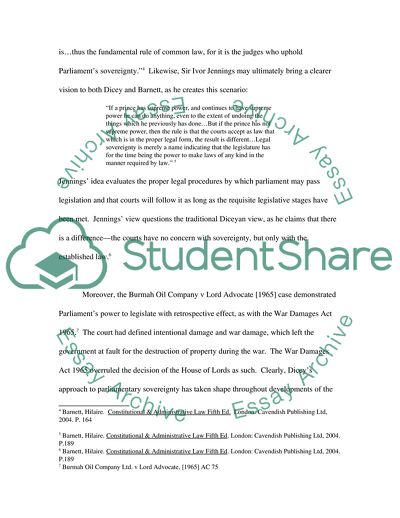Cite this document
(The Significance of Public Law: R. Jackson versus Attorney General Case Study, n.d.)
The Significance of Public Law: R. Jackson versus Attorney General Case Study. https://studentshare.org/law/1723189-write-a-critical-assessment-of-the-significance-of-one-of-the-following-cases-for-the-development-of-public-lawjackson-v-attorney-general-2005-ukhl-56
The Significance of Public Law: R. Jackson versus Attorney General Case Study. https://studentshare.org/law/1723189-write-a-critical-assessment-of-the-significance-of-one-of-the-following-cases-for-the-development-of-public-lawjackson-v-attorney-general-2005-ukhl-56
(The Significance of Public Law: R. Jackson Versus Attorney General Case Study)
The Significance of Public Law: R. Jackson Versus Attorney General Case Study. https://studentshare.org/law/1723189-write-a-critical-assessment-of-the-significance-of-one-of-the-following-cases-for-the-development-of-public-lawjackson-v-attorney-general-2005-ukhl-56.
The Significance of Public Law: R. Jackson Versus Attorney General Case Study. https://studentshare.org/law/1723189-write-a-critical-assessment-of-the-significance-of-one-of-the-following-cases-for-the-development-of-public-lawjackson-v-attorney-general-2005-ukhl-56.
“The Significance of Public Law: R. Jackson Versus Attorney General Case Study”. https://studentshare.org/law/1723189-write-a-critical-assessment-of-the-significance-of-one-of-the-following-cases-for-the-development-of-public-lawjackson-v-attorney-general-2005-ukhl-56.


